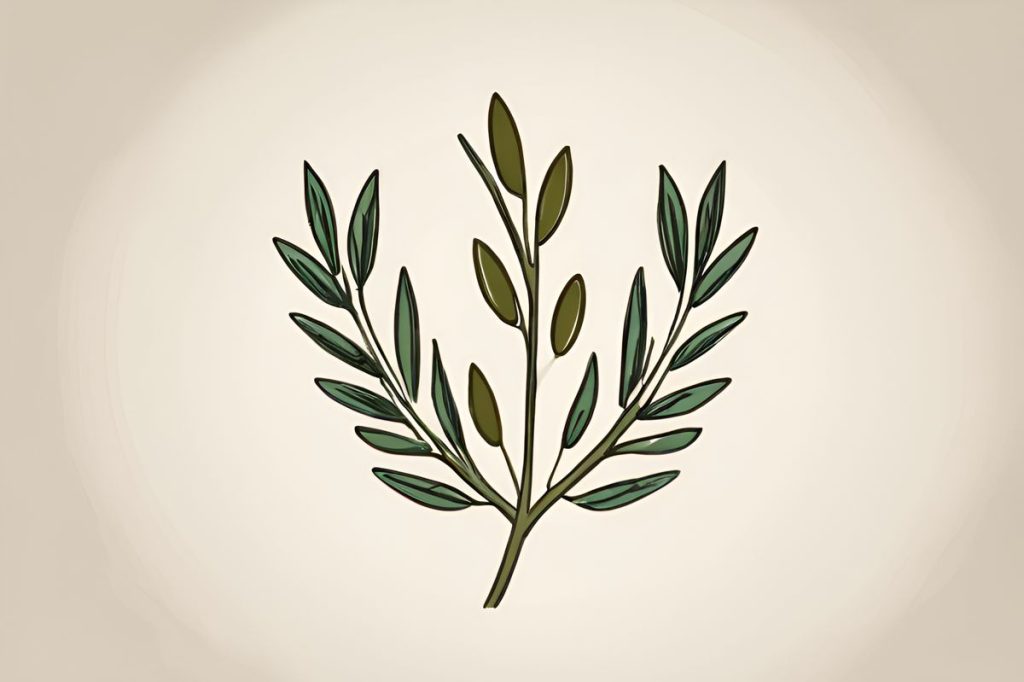Turkish President Erdogan and Greek Prime Minister Mitsotakis are working towards reconciliation, focusing on resolving disputes over maritime boundaries and energy rights. Despite differences, they aim to foster dialogue and build a peaceful future, highlighted by recent talks in Ankara.
What is the main focus of the recent talks between Turkish and Greek leaders?
Turkish President Erdogan and Greek Prime Minister Mitsotakis focus on reconciliation, aiming to resolve longstanding disputes over maritime boundaries, energy rights, and airspace. They seek to foster dialogue, prioritize shared interests, and build a peaceful, cooperative future despite differences, such as the classification of Hamas.
Diplomatic Dialogues: A Fresh Chapter
Turkish President Recep Tayyip Erdogan and Greek Prime Minister Kyriakos Mitsotakis recently held promising talks in Ankara. Erdogan emphasized the absence of “unsolvable problems” between the two nations, signaling a potential thaw in their historically complex relationship. These two NATO allies, often seen as adversaries, have been divided on a myriad of issues. Notably, conflicting claims over maritime boundaries and energy exploration rights in the eastern Mediterranean have fueled tensions. This delicate area of concern is further complicated by disagreements over airspace in the Aegean Sea and the division of Cyprus.
Despite the longstanding nature of these disputes, the re-election of both leaders has spurred a series of diplomatic efforts. These initiatives aim to foster a collaborative atmosphere where sustained dialogue can pave the way for meaningful progress. “Despite disagreements, we focus on a positive agenda by keeping our dialogue channels open,” Erdogan stated in a joint press conference, underscoring a mutual commitment to communication and diplomacy.
Charting a Course of Cooperation
In their pursuit of better relations, Erdogan and Mitsotakis are choosing to focus on shared interests and the potential for mutual benefits. The “Declaration of Athens,” a significant agreement signed during Erdogan’s visit to Athens last December, serves as a foundation for future dialogues. The declaration maps out a strategic approach to reinvigorating bilateral relations. It outlines objectives such as enhancing trade, implementing military confidence-building measures to defuse tensions, and addressing contentious issues with a constructive mindset.
Mitsotakis expressed optimism about the frequent interactions between the leaders, which he believes can cultivate a culture of mutual understanding. “We showed today that alongside our proven disagreements, we can chart a parallel page of agreements,” he noted, suggesting that areas of consensus can be expanded upon while managing areas of dissent.
Divergence and Diplomacy
While the leaders have found common ground on many fronts, certain subjects still showcase their diverging perspectives. One such topic is the classification of the Palestinian group Hamas. Turkey regards Hamas as a legitimate resistance movement, whereas Greece, aligning with many Western nations, deems it a terrorist organization. The candid exchange between Erdogan and Mitsotakis on this matter exemplifies their willingness to “agree to disagree,” acknowledging their differences without allowing them to derail the broader dialogue.
In interviews with media from both nations, Erdogan and Mitsotakis elaborated on their ambitions to elevate bilateral ties to new heights. They expressed a determination to work through disputes and identify issues of mutual concord. Despite the optimism, numerous points of contention remain on the table. Maritime jurisdiction and cultural heritage disputes, such as the status of the ancient Chora church, continue to challenge diplomatic efforts.
Endeavoring for a Harmonious Future
The ongoing dialogue between Turkey and Greece reflects a broader aspiration to stabilize the region and fortify alliances. By committing to open communication channels and seeking compromise, these two countries are crafting a precedent for how historic rivals can transition towards a more cooperative and peaceful coexistence. As Erdogan and Mitsotakis continue their discussions, the international community watches with anticipation, hopeful that this period of rapprochement might yield a lasting peace and prosperity for both nations.
What is the main focus of the recent talks between Turkish and Greek leaders?
The main focus of the recent talks between Turkish President Erdogan and Greek Prime Minister Mitsotakis is reconciliation, aiming to resolve disputes over maritime boundaries, energy rights, and airspace. They seek to foster dialogue, prioritize shared interests, and build a peaceful, cooperative future despite differences.
What significant agreement was signed during Erdogan’s visit to Athens last December?
During Erdogan’s visit to Athens last December, the “Declaration of Athens” was signed. This agreement serves as a foundation for future dialogues, outlining objectives such as enhancing trade, implementing military confidence-building measures, and addressing contentious issues with a constructive mindset to reinvigorate bilateral relations.
What are some areas where Turkish and Greek leaders still showcase diverging perspectives?
One area where Turkish and Greek leaders showcase diverging perspectives is the classification of the Palestinian group Hamas. While Turkey regards Hamas as a legitimate resistance movement, Greece, aligning with many Western nations, deems it a terrorist organization. Despite such differences, the leaders are willing to acknowledge and manage these disagreements within the broader dialogue.
What are some of the challenges that continue to challenge diplomatic efforts between Turkey and Greece?
Some challenges that continue to challenge diplomatic efforts between Turkey and Greece include disputes over maritime jurisdiction and cultural heritage. Additionally, issues such as the status of the ancient Chora church present ongoing points of contention that require careful navigation in the pursuit of stronger bilateral ties.

